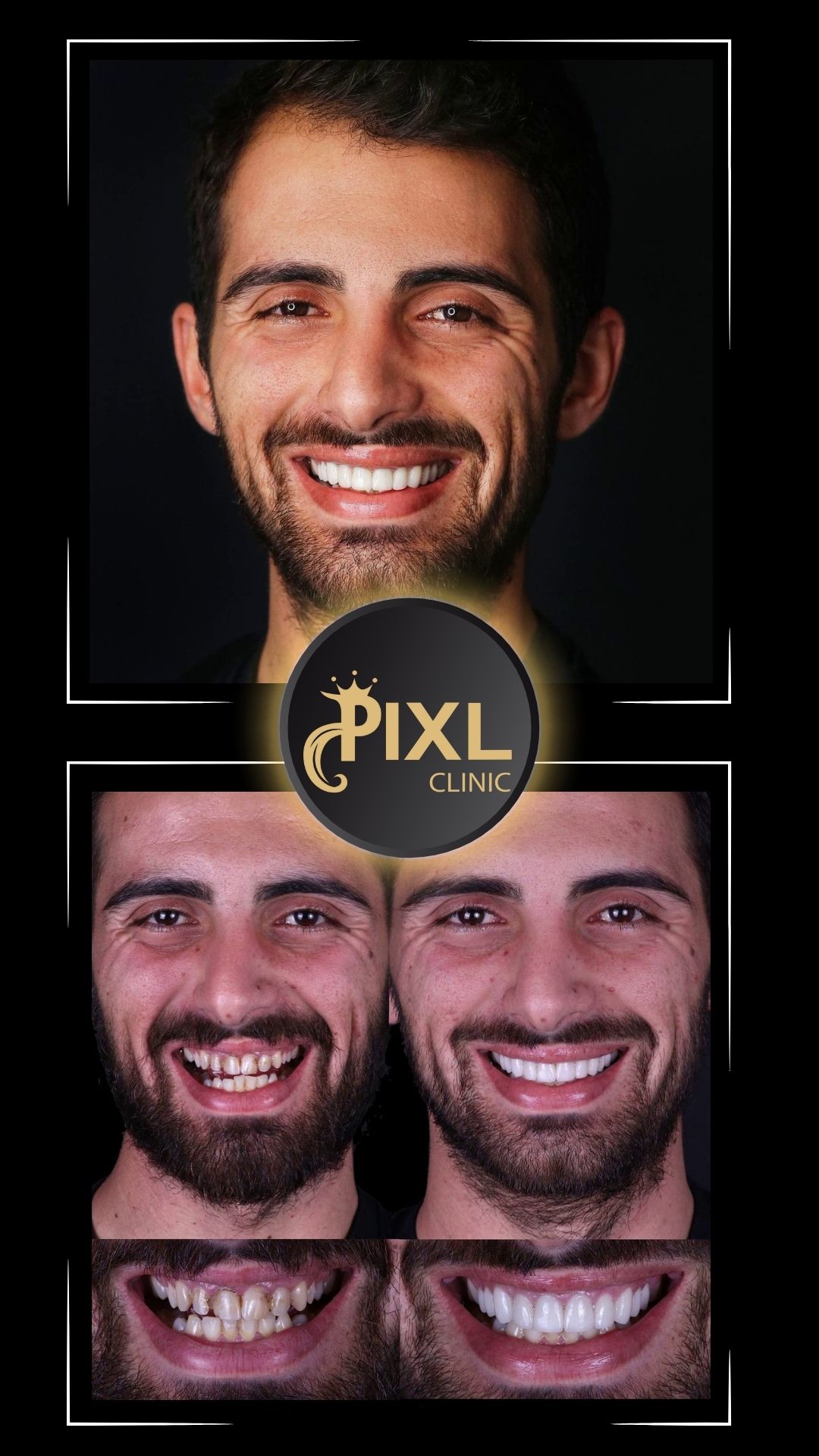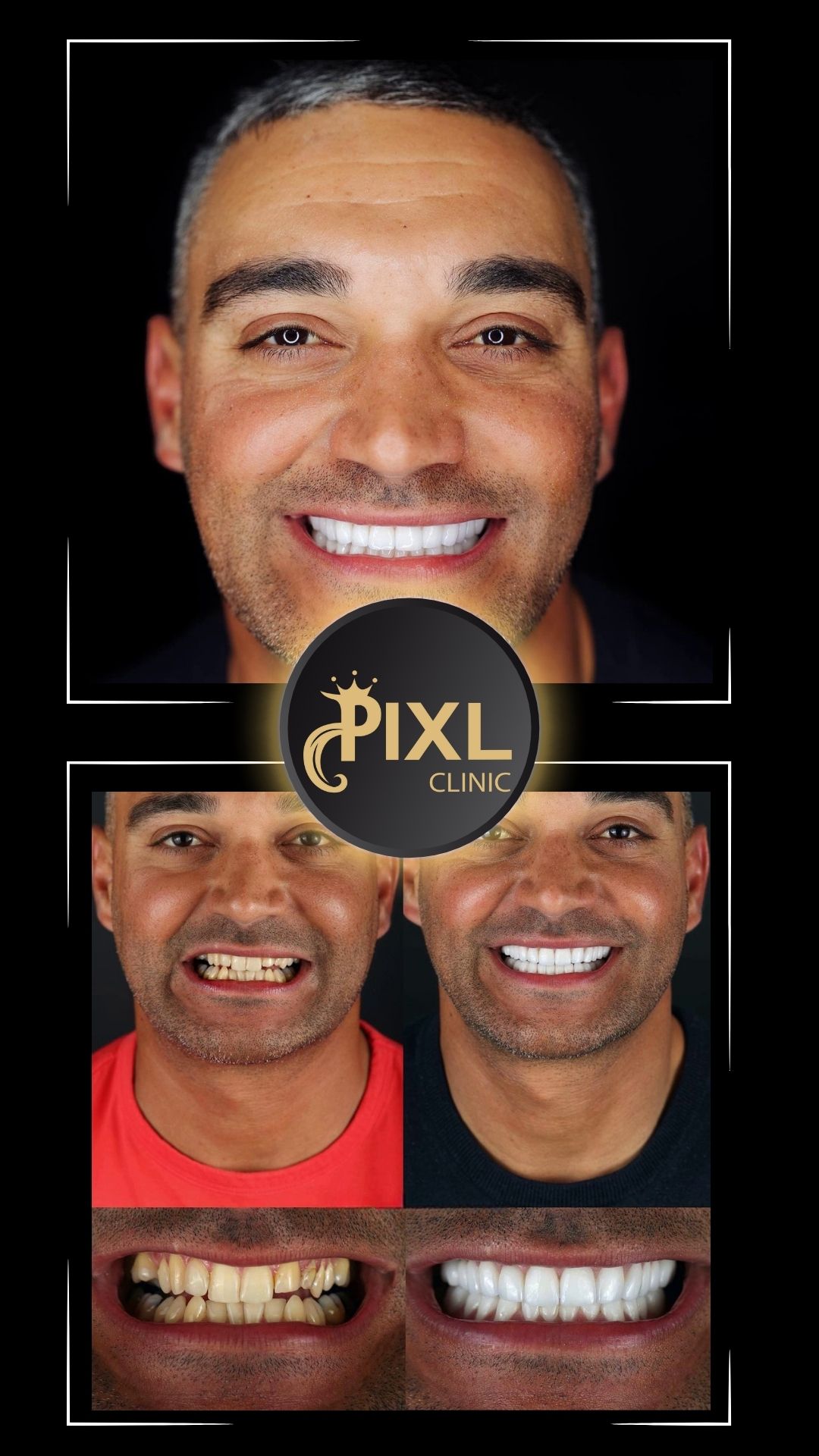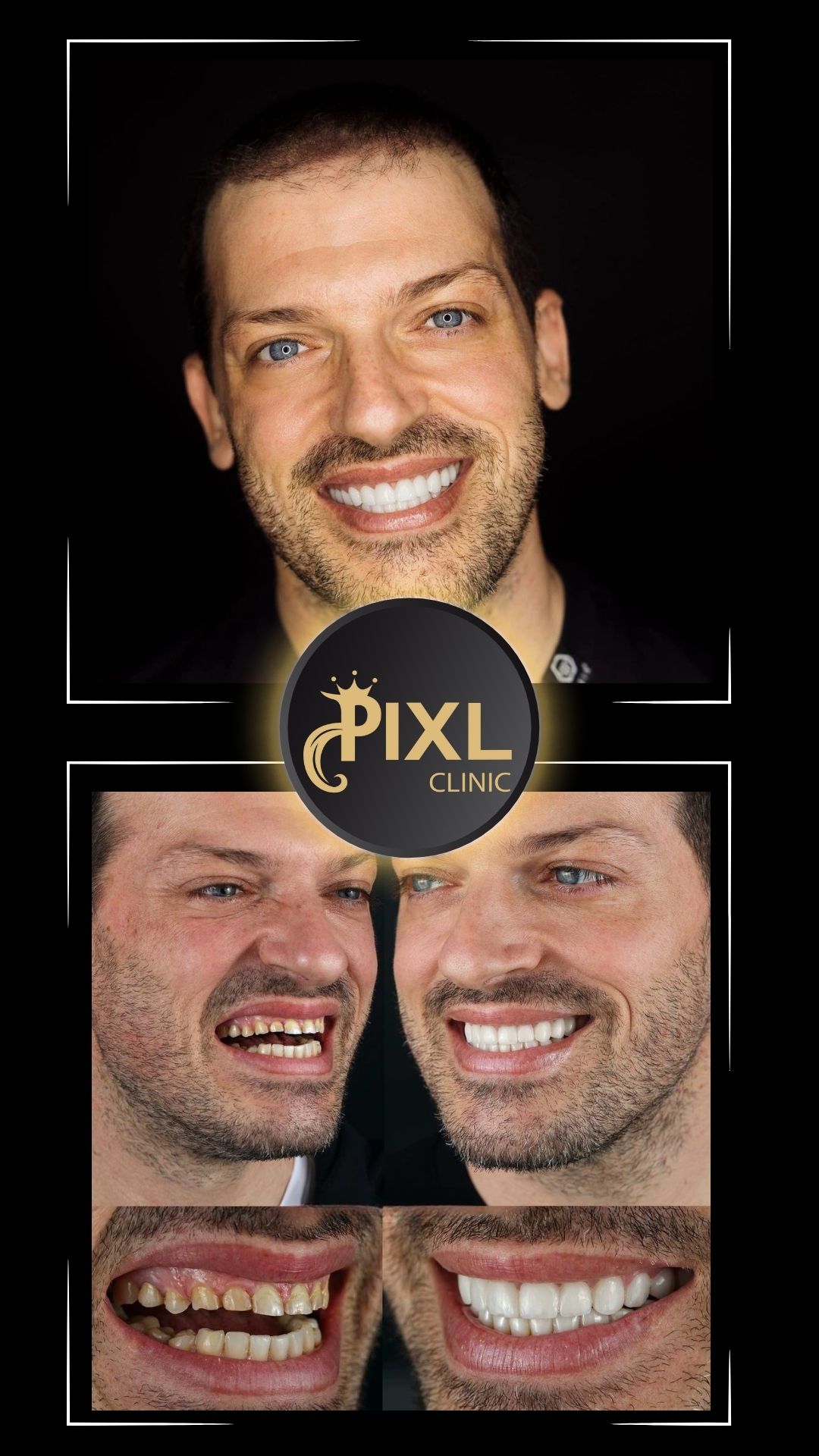Top 5 Things You Need to Do Before Your Dental Implant Treatment
Dental implants are a fantastic solution for replacing missing teeth, offering durability, functionality, and a natural appearance. However, preparing for dental implant surgery is just as important as the procedure itself. Proper preparation can help ensure a smoother process, a quicker recovery, and optimal long-term results. Here are the top five things you need to do before your dental implant treatment.
Schedule a Comprehensive Dental Examination
Before undergoing dental implant surgery, a detailed dental examination is essential. Your dentist or oral surgeon will evaluate your oral health, jawbone density, and overall suitability for the procedure. This often involves:
- X-rays and 3D Imaging: These help assess the bone structure and identify any underlying issues.
- Oral Health Assessment: Any untreated cavities, gum disease, or infections must be addressed before the procedure.
- Medical History Review: Inform your dentist about any medical conditions or medications that might affect healing or increase risks, such as diabetes or blood-thinning medications.
Why It’s Important: A comprehensive evaluation ensures you’re a good candidate for the procedure and minimizes potential complications.

Plan Your Schedule
Dental implant surgery is typically an outpatient procedure, but recovery can take time. Planning your schedule in advance can help reduce stress and allow for proper healing.
- Time Off Work: Depending on the extent of the surgery, you may need a day or two of rest before resuming work or daily activities.
- Transportation: Arrange for someone to drive you home after the procedure, as sedation or anesthesia may impair your ability to drive.
- Recovery Time: Make sure you have time to rest and avoid strenuous activities for a few days after surgery.
Why It’s Important: Proper scheduling ensures you can focus on healing without added stress or interruptions.
Optimize Your Oral Health
Good oral hygiene is crucial before dental implant surgery. A healthy mouth promotes better healing and reduces the risk of infection.
- Brush and Floss Regularly: Maintain a diligent oral care routine to keep your gums and teeth healthy.
- Professional Cleaning: Consider scheduling a professional cleaning before your surgery to remove plaque and tartar.
- Quit Smoking: Smoking can impair healing and increase the risk of implant failure. If you smoke, try to quit at least two weeks before and after the surgery.
Why It’s Important: A clean and healthy mouth provides a better foundation for your implant and reduces post-surgical complications.
Follow Pre-Surgery Instructions
Your dentist or oral surgeon will provide specific instructions to follow in the days leading up to your surgery. These may include:
- Fasting: If you’re undergoing sedation, you might be instructed to avoid eating or drinking for several hours before the procedure.
- Medication Adjustments: Some medications, like blood thinners, may need to be paused temporarily. Always consult with your healthcare provider before making changes.
- Special Preparations: Your dentist might prescribe antibiotics or an antiseptic mouthwash to reduce the risk of infection.
Why It’s Important: Following these instructions ensures the procedure goes smoothly and minimizes complications.
Prepare Your Home for Recovery
Set up your home to make recovery as comfortable and stress-free as possible.
- Stock Up on Soft Foods: After surgery, you’ll need to stick to a soft-food diet. Stock up on options like yogurt, mashed potatoes, soups, and smoothies.
- Create a Resting Area: Set up a comfortable space with pillows, blankets, and easy access to water, medications, and entertainment.
- Pain Management Supplies: Have over-the-counter pain relievers, ice packs, and any prescribed medications ready.
Why It’s Important: Being prepared at home allows you to focus on recovery without unnecessary trips to the store or discomfort.
Final Thoughts
Preparing for dental implant surgery involves more than just showing up on the day of the procedure. By taking these five steps—getting a thorough examination, planning your schedule, optimizing oral health, following pre-surgery instructions, and preparing your home—you’ll set yourself up for a successful treatment and a smoother recovery.
Remember, every patient is unique, so always follow the specific advice and instructions provided by your dentist or oral surgeon. With proper preparation and care, your dental implants can provide you with a lifetime of confidence and functionality.
Dental Implant Treatment FAQs
What are dental implants?
Dental implants are artificial tooth roots made of biocompatible materials, typically titanium, that are surgically placed into the jawbone. They provide a stable base for replacement teeth, such as crowns, bridges, or dentures.
Who is a good candidate for dental implants?
Most people with good overall health and adequate jawbone density are suitable candidates. However, individuals with certain conditions (e.g., uncontrolled diabetes, smoking habits, or severe gum disease) may require additional evaluation or preparation before the procedure.
Is the dental implant procedure painful?
During the procedure, anesthesia or sedation ensures you don’t feel pain. After the surgery, mild discomfort, swelling, or soreness may occur, but these symptoms are typically manageable with over-the-counter pain relievers and proper aftercare.
How long does the dental implant process take?
The entire process can take several months, depending on individual cases. It usually involves:
- Initial consultation and planning.
- Implant placement surgery.
- Healing and osseointegration (3-6 months for the implant to fuse with the jawbone).
- Placement of the abutment and crown.
What are the benefits of dental implants?
- Durability: Implants can last decades or a lifetime with proper care.
- Improved Functionality: They restore the ability to eat, speak, and smile confidently.
- Bone Health: Implants stimulate the jawbone, preventing bone loss.
- Aesthetics: They look and feel like natural teeth.
Are there any risks or complications?
As with any surgery, risks include infection, implant failure, nerve damage, or sinus issues. However, these risks are rare when performed by an experienced dental professional and with proper care.
How much do dental implants cost?
The cost varies depending on factors like the number of implants, additional procedures (e.g., bone grafting), and location. While dental implants are initially more expensive than other options, their longevity often makes them a cost-effective solution over time.
How do I care for my dental implants?
- Maintain excellent oral hygiene by brushing and flossing daily.
- Attend regular dental check-ups and cleanings.
- Avoid hard foods or habits like chewing ice that could damage the implants.
What if I don’t have enough bone for implants?
If your jawbone lacks sufficient density, procedures like bone grafting or sinus lifts can help rebuild the bone and create a stable foundation for the implant.
Can smokers get dental implants?
Smoking increases the risk of implant failure due to impaired healing and increased risk of infection. If you’re a smoker, quitting before and after the procedure is highly recommended to improve success rates.
How long do dental implants last?
With proper care, dental implants can last 20 years or more. The crown or prosthetic tooth may need replacement over time due to wear, but the implant itself is extremely durable.
Can dental implants replace multiple teeth?
Yes, dental implants can replace one tooth, several teeth, or even a full arch of teeth. Options include single implants, implant-supported bridges, or full-mouth implant dentures.
Will insurance cover dental implants?
Many insurance plans don’t fully cover implants, but they may cover parts of the procedure (e.g., extractions, crowns). Check with your provider or discuss financing options with your dental clinic.
What happens if a dental implant fails?
Implant failure is rare but can happen due to poor healing, infection, or excessive pressure. If an implant fails, your dentist will evaluate the cause and discuss options, such as replacing the implant.
Can I eat normally with dental implants?
Once the implant has fully integrated with your jawbone and the final crown is placed, you can eat most foods without restrictions, just like with natural teeth.
































